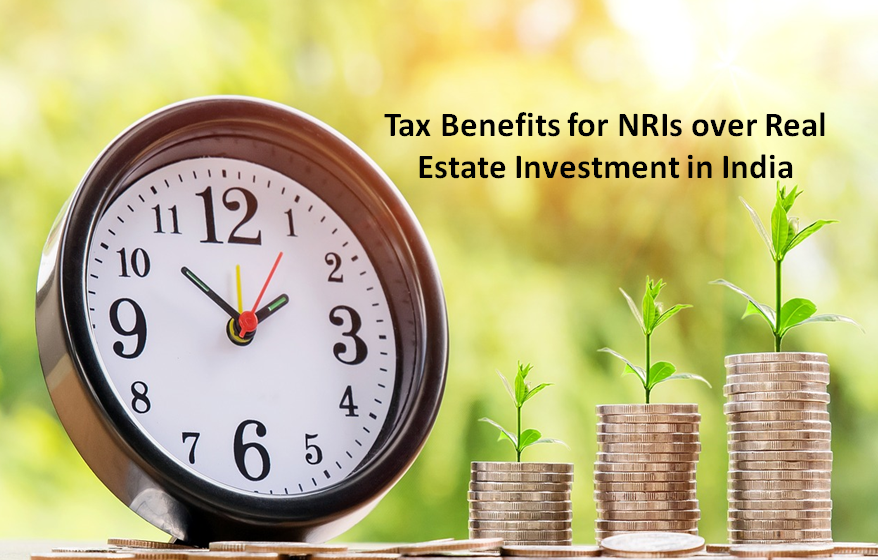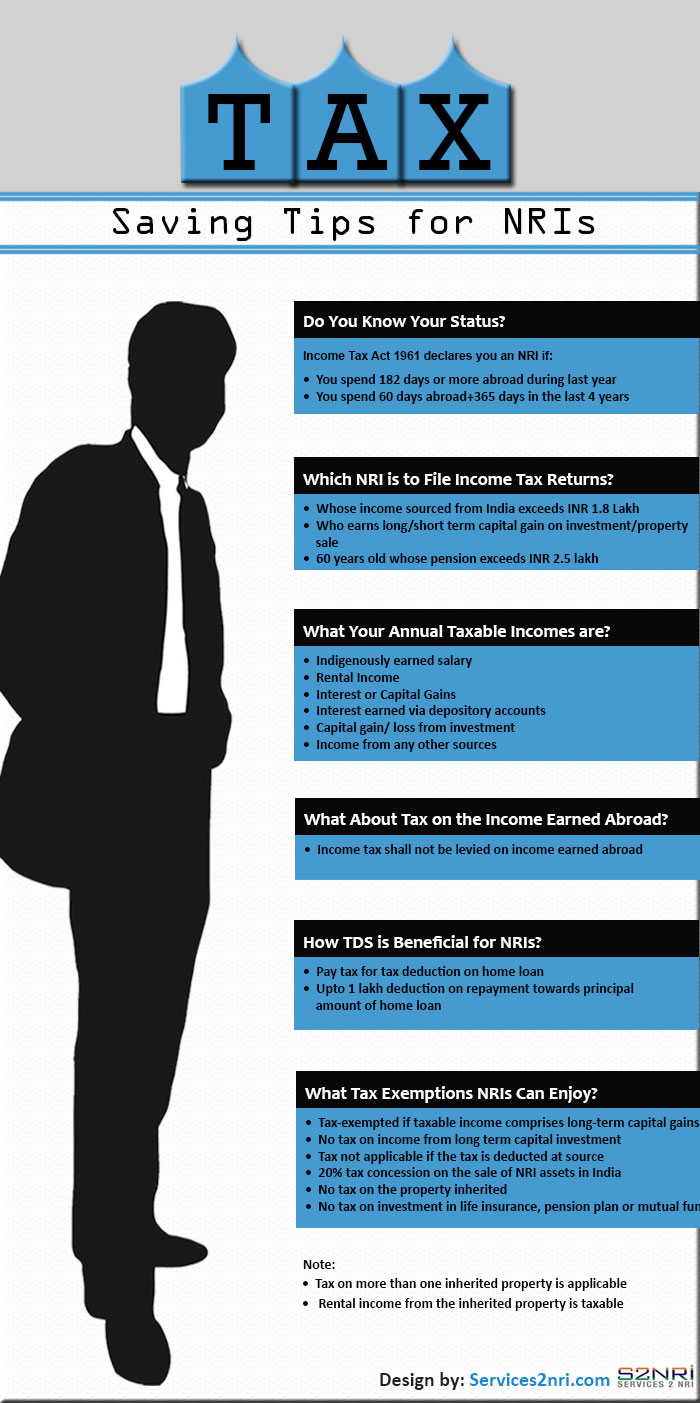Tax is like a phobia for its payers. They have to pay a big share of their hard-earned money as the tax. Out of multiple taxes, capital gain tax is the most surprising one. Let’s catch on what it means.
What is Capital Gain Tax?
The tax levied on capital gain is determined as the capital gain tax. When we earn profit on the sale of capital asset, it is termed as capital gain. The capital assets include any stock, consumables, raw materials for business, personal goods, agricultural land in rural India, 6.5% gold bond or national defence gold bond, special bearer bond & gold deposit bond. The gain earned on these assets’ sale is taxable.
Capital gain is further divided into:
- Long term capital gain: The capital asset held for more than 36 months is classified as long term capital gain.
- Short term capital gain: The capital asset held for 36 months or less than this period is termed as short term gain. In case of immovable property, the duration is shrunk to 2 months.
There is an exception as well in the case of property. The inherited property by an NRI or emigrant or any native is not considered as the capital gain.
How much capital gain is taxable?
- In case of long term capital gain, 20% of it is charged as the tax.
- In case of short term capital gain, the capital gain tax is added to the taxable income.
Do you know that income from the sale of property is taxable? It implies that you have to pay tax if you sell the property. The money earned through that sale is considered as the income. You can get off that tax by investing in Indian share market because no tax is levied after one year of investment.
It’s just one trick to save tax on the sale of property. We have some more tax-saving tricks. Keep on reading to unearth what more strategies we have for saving tax, especially for providing best services to NRIs. These suggestions would be worth million dollars if implemented:
- Compute ‘cost Inflation Index’ to get capital gains: Cost inflation index evaluates the inflation rate. It is used to compute long-term capital gains on the sale of capital assets. When inflation goes up, the cost inflation index also goes up in parallel.
For example, an NRI invested in a property worth INR 30 lakh. After 2 years, he desired to sell it. During meanwhile years, the inflation was evaluated 20%. After computing, the cost inflation index is evaluated as INR 6,000,00, i.e. 20% of INR 30,00,000.
With increase in prices, the real cost of property rolls up in the same ratio as in inflation during that period. Therefore, the capital gain would be contracted and so does the tax. The profit margin would be less.
The property owner should increment the real cost in correspondence to the cost inflation index. Thereby, the profit on sale of that property would reflect less.
How to know the cost inflation index?
The income tax department releases its table annually. 1980-81 is set as its base year wherein general prices are indexed as 100. As the price inflates, the index rises up gradually.
You should observe cost inflation index table to cut on taxes.
How to calculate Capital Gains using Cost Inflation Index?
- Computation of capital gain:
Computing capital gain is not a big deal. Put the cost in this formula:
Capital gains=Sale price of the property-cost of the property
- Computation of indexed cost of property
But if you want to derive actual capital gain after putting cost inflation index, compute this way:
Indexed cost of the property= Cost of the property X (Property’s cost inflation index in which it is sold/ Property’s cost inflation index in which it was bought)
For example, I bought a property in the year 2012, @ INR 10 lakh. After 3 years, I sold it @ INR 18,00,000. This is how I calculated the real cost of my property:
If I would simply determine the capital gain, it would be like this:
Capital gain of my property= INR 18,00,000-INR 10,00,000=INR 8,00,000
The cost inflation index of 2012= 785
The cost inflation index of 2015=1024
Indexed cost of my property=INR 10,00,000 X (1024/785)
Indexed cost of my property =INR 1304458.5987
Capital gain= INR 10,00000- INR 1304458.5987=INR 304458.5987
You can see that the real capital gain is just INR 304458.5987 which is far less than INR 8,00,000. Now, the calculation of capital gains tax on INR 304458.5987@20% would return INR 60891.71974 as payable.
- Invest in a residential house: How is it if you are taxed for the sale of a residential property to buy another one for same purpose? Your motive here is to buy another place to live. In such cases, the income tax department provides relief under Section 54.
Even if you sell a non-residential property for purchasing a residential place, this Section heaves a sigh of relief. You need not pay capital gain tax in such case.
What does Section 54 (& 54F) state?
- No capital gain tax on the capital gains from the sale of property that are invested in the purchase of new residential place.
- No capital gain tax if the wholesome capital gain is absorbed in the purchase of new property.
- Buying a new house is permissible one year prior to the sale of old house.
- Constructing or purchasing a new house within 3 years & 2 years respectively from the sale of the old house is permissible.
- The exemption on capital gains tax is limited to purchase of residential house.
- The new residential house can’t be sold for 3 years. If so happens, the tax would be applicable from the date of acquisition or construction of the new house.
- Section 54 states that the amount of exemption, in the foretold case, would be lower of capital gain or cost of the new house.
- Section 54F states that the amount of exemption would be proportionate to the selling price and purchase price of the new residential house.
- Invest in capital gain bond under Section 54 EC: It’s another capital gain tax saving trick which is really popular. You can invest in these AAA rated secure bonds and enjoy exemption.
Benefits of Capital Gain Bond:
- No need to pay capital gain tax after investing in it.
- The pan capital gain can be invested in it. No tax would be levied.
- The investor would get interest @6% annually. But it’s slightly lower than the fixed deposits.
- The interest you earn on capital gain is taxable but the TDS will not be deducted.
- Invest in these bonds within 6 months of capital gain.
- These bonds are valid for 3 years. No withdrawal is allowed meanwhile.
- You can redeem capital gain bonds automatically after 3 years or maturity. Afterwards, no interest would be earned.
- These bonds are not for sale or transfer.
- If capital gain exceeds the value of these bonds, the difference would be taxable.
- Its face value is INR 10,000.
- You can start investing with minimum INR 20,000. It can be maximized to INR 50 lakhs in a financial year.
- These bonds can be deposited in Demat account or in physical form.
- NHAI and REC or their designated branches are government approved agencies for investing in capital gains bond.
- Invest in Capital Gain Account Scheme: Unfortunately, some people find it an uphill battle to buy a new residential house post selling of the old one due to filing tax. They should not be anxious as they can invest in ‘Capital Gain Account Scheme’. You can keep your money safe in this scheme for 3 years. Even, you can withdraw it for constructing or purchasing a new residential property if you want meanwhile. It form can be downloaded from income tax website.
What does this scheme offer?
- Invest before filing for income tax returns. State it in the income tax return form also.
- Except ineligible corporate and regional banks, you can open capital gain account in the scheduled bank.
- The options to deposit money in lumpsum & installment are available. But the gains must strictly be deposited before filing the income tax return.
- If the deposited gains are locked down, you should open CGAS account and deposit gains in it.
- Gains can be deposited in cash, cheque or draft.
- This account is of two types, i.e. Account A & Account B, wherein Account A is similar to saving account. The interest rate is identical, i.e. 4%, as in ordinary saving account.
Account B is like fixed deposit. The money gets locked up for a specified time. The interest rate is equal to any ordinary fixed deposit account.
- For lumpsum withdrawal of money to invest in residential property, choose Account B. But if you invest in construction, go for the Account A as you can withdraw periodically.
- Expenditure of withdrawn gain from the account within 2 months is mandatory.
- Reserve Bank of India fixes its interest rate.
- These are transferable from Account A to Account B or vice versa.
- The account is not for mortgage or loan.
- Interest earned on deposition of capital gains is taxable. TDS is deductible.
- Capital Loss: It’s an opposite of capital gain. When the amount of sale of property is computed less than the cost of its purchase, it is termed as capital loss. Like capital gains, it is also categorized as long term capital loss and short term capital loss.
Capital loss can help you escape capital gain tax provided that:
- It has been born before capital gains.
- Short term capital gains are adjustable to short term capital loss.
- Likewise, the long term capital gains would be used to get relief from the long term capital loss.
- Capital loss can be adjustable in the 8 subsequent years. Bu the carried forward loss must be mentioned in the income tax return form.
- Long term capital loss of securities would not be adjustable in to the long term capital gains. For example, you can’t carry forward the long term capital loss to your long term capital gains in equity mutual funds.
- Capital loss would be carried forward only if the income tax return is filed on or prior to the last date of income tax return filing.





 this is link
this is link